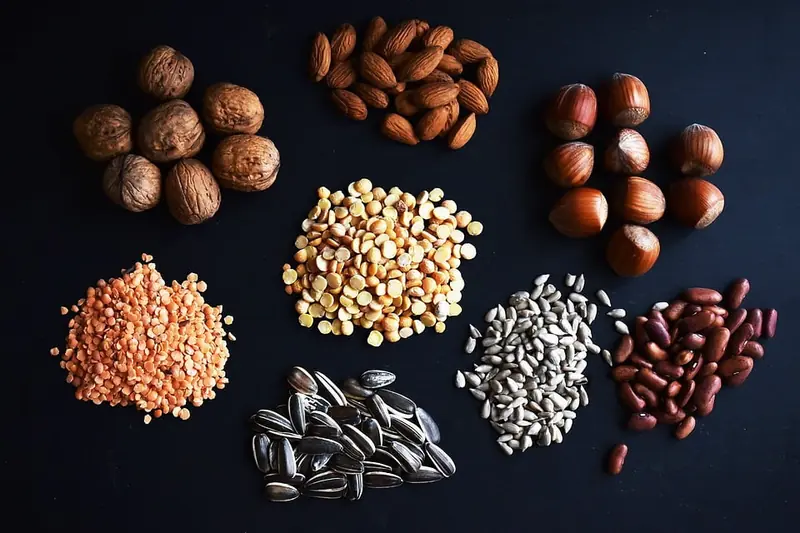
Millions of people around the world suffer from cognitive decline. However, the percentage of those affected by brain health issues could be significantly lower. Achieving this requires a lifestyle change that prioritizes regular exercise, quality sleep, and a nutritious diet.
In 2015, a team of researchers from Rush University in Chicago developed the MIND diet, designed to help maintain brain health. Numerous studies have shown that this remarkable diet slows the decline of cognitive functions. Rich in antioxidants, it combats inflammatory processes in the brain that lead to dementia.
What is the MIND Diet?
Research involving older adults revealed that the brains of volunteers adhering to the MIND diet were, on average, seven and a half years younger than those who followed other dietary patterns.
The MIND diet is a combination of the Mediterranean diet and the DASH diet (Dietary Approaches to Stop Hypertension). While proponents of the Mediterranean diet emphasize the importance of whole grains, fruits, vegetables, fish, and legumes, followers of the DASH diet primarily focus on reducing salt intake. The acronym MIND stands for: M – Mediterranean-DASH, I – Intervention for, N – Neurodegenerative, D – Delay.
 In essence, this enhanced diet incorporates the best elements of both diets to effectively combat neurodegenerative diseases.
In essence, this enhanced diet incorporates the best elements of both diets to effectively combat neurodegenerative diseases.
The main components of the MIND diet include vegetables, nuts, fish, legumes, berries, whole grains, poultry, and olive oil.
The diet recommends consuming at least three servings of whole grains daily, such as oats, quinoa, buckwheat, brown rice, or whole grain bread. Additionally, it suggests eating at least six servings of leafy green vegetables, five servings of nuts, four servings of beans, and two servings of berries each week. Notably, berries like strawberries, blueberries, and blackberries are packed with beneficial properties for brain protection. Dietitians also recommend consuming at least two servings of poultry and one serving of fish each week.
 Experts assert that these foods are rich in antioxidants, which protect brain cells from damage associated with dementia, as reported by the Daily Mail. According to the Alzheimer’s Society, such foods increase the levels of proteins in the brain that defend its cells from destruction.
Experts assert that these foods are rich in antioxidants, which protect brain cells from damage associated with dementia, as reported by the Daily Mail. According to the Alzheimer’s Society, such foods increase the levels of proteins in the brain that defend its cells from destruction.
The MIND diet prohibits red meat, fried foods, fatty cheeses, and sweets. Strong alcohol is also off-limits, with wine allowed only in small amounts: a maximum of one glass of red or white wine per day.
Daily Meal Plan According to the MIND Diet
Tracey Parker, a dietitian with the British Heart Foundation, has developed an optimal daily meal plan based on the MIND diet.
Breakfast
A great example of a breakfast is oatmeal. It contains soluble fiber, which helps lower cholesterol levels. You can add berries to the oatmeal for an extra boost to brain health.
Lunch
For lunch, the dietitian emphasizes the importance of plant-based proteins in large quantities. These can be found in nuts and legumes such as beans, peas, and lentils. For instance, you could prepare a warm salad with lentils, fennel, apple, avocado, and walnuts.
 Consuming plant-based proteins instead of processed meats can help reduce fat intake, thereby lowering cholesterol levels.
Consuming plant-based proteins instead of processed meats can help reduce fat intake, thereby lowering cholesterol levels.
Dinner
The best dinner would feature fish and vegetables. Tracey Parker recommends making various fish and vegetable pies, such as those with carrots and cauliflower. To gain additional heart health benefits, you might consider using red fish instead of white.
